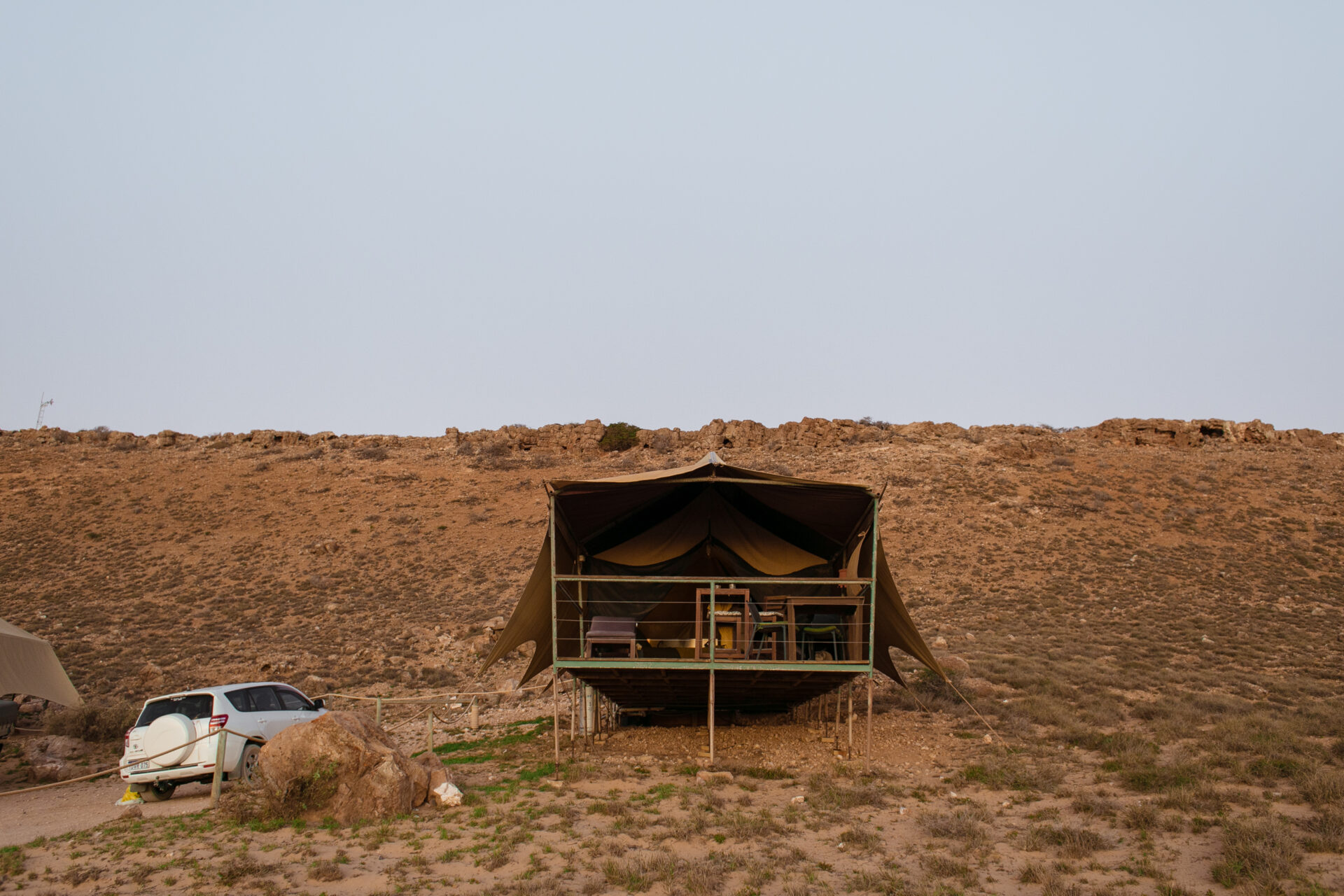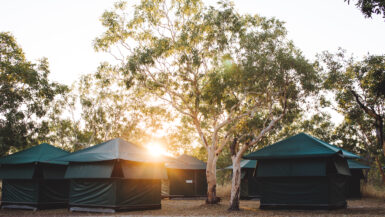Russia is home to some of the most beautiful and pristine natural landscapes in the world. From the snow-capped mountains of the Caucasus to the crystal-clear lakes of Siberia, there is no shortage of breathtaking scenery to explore. Camping is a perfect way to experience Russia’s natural beauty and immerse yourself in its rich culture. However, it’s important to choose a camping site that is environmentally responsible and sustainable. In this article, we’ll explore some of the best eco-friendly camping sites in Russia, where you can enjoy the great outdoors while minimizing your impact on the environment.
Introduction to Eco-Friendly Camping and Its Benefits
Camping is an excellent way to escape the hustle and bustle of city life, relax, and rejuvenate. However, traditional camping practices often have a negative impact on the environment. From littering to using non-biodegradable products, campers can unknowingly harm the ecosystem they’re trying to enjoy.
Eco-friendly camping, also known as sustainable camping or green camping, is a solution to this problem. It involves adopting practices that minimize the impact of camping on the environment while still allowing campers to enjoy the outdoors.
Eco-friendly camping has numerous benefits, including reducing waste, conserving natural resources, and promoting environmental awareness. By adopting eco-friendly camping practices, campers can help protect the natural environment for future generations while still enjoying the beauty of nature.
In this article, we will explore the best eco-friendly camping sites in Russia, as well as the benefits of eco-friendly camping, tips for sustainable camping, and the challenges and opportunities for eco-friendly camping in Russia.
Overview of the Current State of Camping in Russia
Camping is a popular recreational activity in Russia, with a vast network of campsites across the country. However, camping in Russia has traditionally been associated with mass tourism, with little regard for the impact on the environment. This has resulted in littering, soil erosion, and damage to natural habitats.
In recent years, there has been a growing awareness of the need for sustainable tourism in Russia, including eco-friendly camping. The Russian government has made efforts to promote eco-tourism and sustainable camping practices, including the development of eco-friendly campsites and initiatives to reduce waste and protect natural resources.
Despite these efforts, eco-friendly camping is still a relatively new concept in Russia. Many campsites in the country still lack basic facilities, such as waste management systems and eco-friendly toilets. Additionally, there is a lack of awareness among campers about sustainable camping practices, such as Leave No Trace principles.
However, there are signs of progress. More and more campsites in Russia are adopting eco-friendly practices, such as using renewable energy sources and implementing waste management systems. Additionally, there is a growing interest among young Russians in eco-tourism and sustainable travel.
Overall, there is still much work to be done to promote eco-friendly camping in Russia. However, with the right initiatives and support, Russia has the potential to become a leader in sustainable tourism and eco-friendly camping.
Criteria for Selecting Eco-Friendly Camping Sites in Russia
When selecting an eco-friendly camping site in Russia, there are several factors to consider to ensure that your camping trip is both comfortable and environmentally responsible. Here are some criteria to keep in mind:
Location
Choose a camping site that is located in a natural area with minimal human impact. Look for sites that are situated away from urban areas, major roads, and industrial sites. Additionally, consider the biodiversity of the area and choose sites that are located in protected areas or nature reserves.
Facilities
Choose a camping site that has eco-friendly facilities, such as composting toilets, solar-powered showers, and recycling bins. These facilities are essential for reducing waste and minimizing the impact on the environment.
Activities
Choose a camping site that offers eco-friendly activities, such as hiking, bird watching, and nature tours. These activities promote environmental awareness and appreciation for nature.
Environmental Policies
Choose a camping site that has clear environmental policies and practices. Look for sites that have implemented Leave No Trace principles, use renewable energy sources, and have waste management systems in place.
By considering these criteria, you can ensure that your camping trip is both enjoyable and environmentally responsible. Additionally, by choosing eco-friendly camping sites, you can support sustainable tourism and contribute to the protection of Russia’s natural environment.
Top Eco-Friendly Camping Sites in Russia: Location, Facilities, and Activities
Russia has a diverse range of eco-friendly camping sites that offer breathtaking natural scenery and unique outdoor experiences. Here are some of the top eco-friendly camping sites in Russia:
1. Lake Baikal
Lake Baikal is the largest freshwater lake in the world and a UNESCO World Heritage Site. The lake is surrounded by stunning natural scenery, and camping sites are available along the shoreline. Camping facilities include eco-toilets, solar-powered showers, and recycling bins. Activities include hiking, fishing, and kayaking.
2. Altai Mountains
The Altai Mountains are a remote and rugged mountain range located in southern Siberia. The area is home to diverse flora and fauna, including rare and endangered species. Camping sites are available in the Altai Tavan Bogd National Park, and facilities include composting toilets and eco-showers. Activities include hiking, horseback riding, and bird watching.
3. Curonian Spit
The Curonian Spit is a unique natural formation located on the Baltic Sea coast. The area is home to sand dunes, forests, and wetlands, and is a UNESCO World Heritage Site. Camping sites are available in the Curonian Spit National Park, and facilities include eco-toilets and recycling bins. Activities include hiking, cycling, and bird watching.
4. Caucasian Mountains
The Caucasian Mountains are a stunning mountain range located in southern Russia, near the border with Georgia. The area is known for its alpine meadows, glaciers, and waterfalls. Camping sites are available in the Caucasus Nature Reserve, and facilities include eco-toilets and solar-powered showers. Activities include hiking, mountaineering, and wildlife watching.
5. Valdai National Park
Valdai National Park is a protected area located in the northwestern part of Russia. The park is home to numerous lakes, rivers, and forests, and is known for its biodiversity. Camping sites are available in the park, and facilities include eco-toilets and recycling bins. Activities include hiking, fishing, and wildlife watching.
These eco-friendly camping sites offer unique outdoor experiences while promoting sustainable tourism and environmental conservation. By camping at these sites, you can enjoy the beauty of Russia’s natural environment while minimizing your impact on the ecosystem.
Case Studies of Successful Eco-Friendly Camping Sites in Russia
Several eco-friendly camping sites in Russia have successfully implemented sustainable practices and policies. Here are some examples of successful eco-friendly camping sites in Russia:
1. Eco-Camping “Forest Lake” in Karelia
Eco-Camping “Forest Lake” is located in the Republic of Karelia and is known for its eco-friendly facilities and sustainable practices. The camping site has composting toilets, solar-powered showers, and a waste management system that separates recyclable materials. Additionally, the site promotes eco-tourism and environmental education through activities such as nature walks, lectures, and workshops.
2. Ecocamp “Belukha” in Altai Mountains
Ecocamp “Belukha” is located in the Altai Mountains and is known for its eco-friendly facilities and sustainable practices. The camping site uses renewable energy sources, such as solar panels and wind turbines, and has a waste management system that separates recyclable materials. Additionally, the site promotes eco-tourism and environmental education through activities such as nature walks, lectures, and workshops.
3. Eco-Camping “Greenwood” in Moscow Region
Eco-Camping “Greenwood” is located in the Moscow Region and is known for its eco-friendly facilities and sustainable practices. The camping site has composting toilets, solar-powered showers, and a waste management system that separates recyclable materials. Additionally, the site promotes eco-tourism and environmental education through activities such as nature walks, lectures, and workshops.
These eco-friendly camping sites demonstrate that sustainable camping practices are possible in Russia and can be successful. By implementing eco-friendly facilities and promoting environmental education, these camping sites are contributing to the protection of Russia’s natural environment.
Tips for Eco-Friendly Camping in Russia: Leave No Trace Principles, Waste Management, and Conservation
Eco-friendly camping involves adopting practices that minimize the impact of camping on the environment. Here are some tips for eco-friendly camping in Russia:
1. Follow Leave No Trace Principles
Leave No Trace principles are a set of guidelines for responsible outdoor recreation. These principles include packing out all trash, minimizing campfire impact, respecting wildlife, and staying on designated trails. By following these principles, campers can minimize their impact on the environment and preserve natural habitats.
2. Practice Waste Management
Proper waste management is essential for eco-friendly camping. Campers should bring reusable containers, utensils, and water bottles to minimize waste. Additionally, campers should properly dispose of all waste, including food waste and human waste, in designated areas.
3. Conserve Natural Resources
Conserving natural resources, such as water and energy, is essential for eco-friendly camping. Campers should use renewable energy sources, such as solar panels, and minimize water usage by taking short showers and turning off taps when not in use.
By following these tips, campers can enjoy the beauty of Russia’s natural environment while minimizing their impact on the ecosystem. Additionally, by practicing eco-friendly camping, campers can contribute to the protection of Russia’s natural environment and promote sustainable tourism.
Challenges and opportunities for eco-friendly camping in Russia
Eco-friendly camping in Russia faces several challenges, including lack of awareness, inadequate infrastructure, and insufficient funding. Many people in Russia still view camping as a low-cost alternative to traditional vacations, and are unaware of the environmental impact of their actions. This lack of awareness leads to a lack of demand for eco-friendly camping sites, which in turn leads to a lack of investment in infrastructure and amenities.
In addition, many existing camping sites in Russia do not have the infrastructure necessary to support eco-friendly practices, such as waste management and water conservation. This can make it difficult for campers who want to reduce their environmental impact to find suitable places to stay.
Despite these challenges, there are also many opportunities for eco-friendly camping in Russia. The country has vast natural resources, including forests, mountains, and lakes, which provide ample opportunities for outdoor recreation. In addition, there is a growing interest in eco-tourism and sustainable travel among both domestic and international tourists.
To take advantage of these opportunities, it is important to increase awareness of eco-friendly camping and its benefits, and to invest in the necessary infrastructure to support it. This includes providing adequate waste management facilities, promoting water conservation, and creating educational programs to teach campers about Leave No Trace principles and other eco-friendly practices.
There is also a need for greater collaboration between government agencies, private businesses, and environmental organizations to promote sustainable tourism and protect natural resources. By working together, these stakeholders can create a more sustainable and responsible tourism industry in Russia.
Overall, the challenges and opportunities for eco-friendly camping in Russia are closely linked. By addressing the challenges and investing in the necessary infrastructure and education, Russia can create a more sustainable and responsible tourism industry that benefits both the environment and the economy.
Conclusion: Why eco-friendly camping is the future of outdoor recreation in Russia
Eco-friendly camping is an important and growing trend in outdoor recreation in Russia. As people become more aware of the impact of their actions on the environment, they are seeking out ways to reduce their impact and enjoy nature in a responsible and sustainable way.
By selecting eco-friendly camping sites, campers can not only reduce their impact on the environment, but also support businesses and organizations that are committed to sustainability and responsible tourism. These sites offer a range of facilities and activities that allow campers to enjoy the outdoors while minimizing their impact on the environment.
There are many outstanding eco-friendly camping sites in Russia, each with its own unique location, facilities, and activities. From the forests of Karelia to the mountains of Altai, there is no shortage of beautiful and inspiring places to camp in Russia.
However, the future of eco-friendly camping in Russia depends on greater awareness and investment. By increasing awareness of the benefits of eco-friendly camping and promoting sustainable tourism practices, Russia can create a more responsible and sustainable tourism industry that benefits both the environment and the economy.
Overall, eco-friendly camping is the future of outdoor recreation in Russia. By choosing to camp in a responsible and sustainable way, we can enjoy the beauty and wonder of nature while protecting it for future generations.





Leave a reply